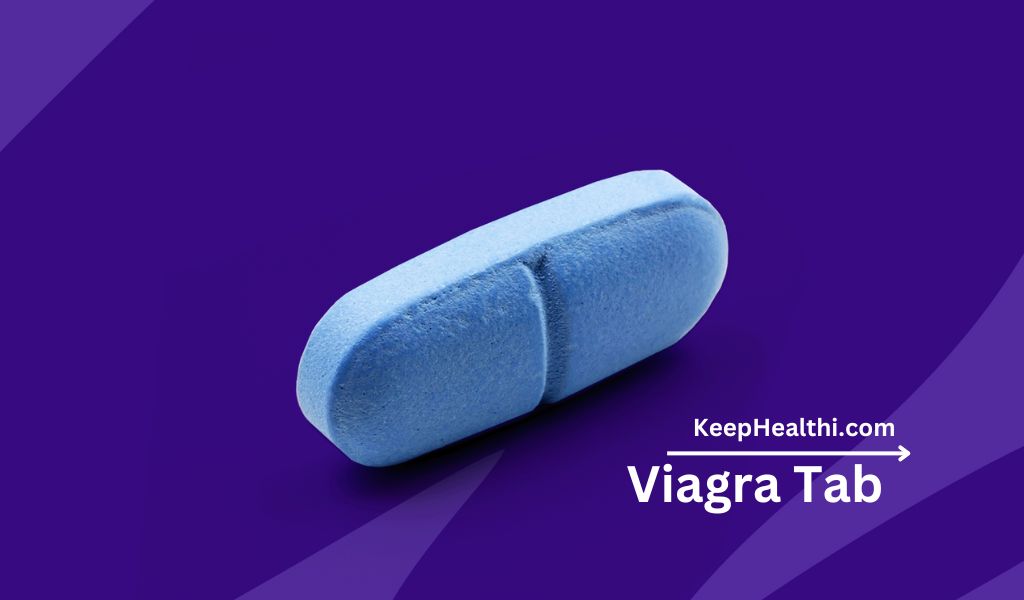Learn about Viagra (sildenafil), its uses, dosage, side effects, and important warnings for safe and effective treatment of erectile dysfunction in 2024.
Viagra, known generically as sildenafil, is a prescription medication used to treat erectile dysfunction (ED). It belongs to a class of drugs called phosphodiesterase type 5 (PDE5) inhibitors, which work by increasing blood flow to the penis to help achieve and maintain an erection. Here’s a comprehensive guide to Viagra, including its uses, dosage, potential side effects, and important warnings.
Contents
What is Viagra?
Viagra is a PDE5 inhibitor that helps men with erectile dysfunction by enhancing blood flow to the penis during sexual stimulation. It is one of the most well-known and widely used ED medications.
Uses of Viagra
- Erectile Dysfunction (ED): Viagra is primarily used to treat erectile dysfunction, helping men achieve and maintain an erection sufficient for sexual activity.
Dosage and Administration
The dosage of Viagra varies based on individual response and medical condition. Here is a general guideline:
- Typical Dosage: The recommended starting dose is 50 mg, taken as needed, approximately 1 hour before sexual activity. The dose can be increased to a maximum recommended 100 mg or decreased to 25 mg based on efficacy and tolerability.
- Maximum Frequency: Viagra should not be taken more than once daily.
RELATED:
- Phentermine: Uses, Dosage, Side Effects & Warnings 2024
- Adipex: Uses, Dosage, Side Effects & Warnings 2024
- Lunesta: Uses, Dosage, Side Effects & Warnings 2024
Potential Side Effects
Viagra can cause side effects, some of which can be serious. Common side effects include:
- Headache: This is a frequent side effect.
- Flushing: A feeling of warmth, redness, or tingly feeling.
- Stuffy or Runny Nose: Nasal congestion is common.
- Indigestion: Some users experience stomach discomfort.
- Dizziness: Lightheadedness or dizziness may occur.
Serious Side Effects
Serious side effects, although less common, include:
- Vision Changes: Sudden vision loss in one or both eyes.
- Hearing Changes: Sudden decrease or loss of hearing.
- Priapism: An erection that is painful or lasts longer than 4 hours. Seek immediate medical help to avoid long-term damage.
- Chest Pain: Pain, pressure, or tightness in the chest.
Warnings and Precautions
Before taking Viagra, inform your doctor if you have:
- Heart problems such as angina, heart failure, irregular heartbeat, or a heart attack.
- High or low blood pressure.
- Severe liver or kidney disease.
- A condition called retinitis pigmentosa (an inherited condition of the eye).
- A physical deformity of the penis or Peyronie’s disease.
- Any conditions that may predispose you to priapism (painful erection lasting more than 4 hours).
Viagra can interact with other medications, including nitrates (used for chest pain), blood pressure medications, and certain antifungal and antibiotic medications. Always inform your healthcare provider about all medications and supplements you are taking to avoid interactions.
RELATED:
- Tramadol: Uses, Dosage, Side Effects & Warnings 2024
- Vicodin: Uses, Dosage, Side Effects & Warnings 2024
- Percocet: Uses, Dosage, Side Effects & Warnings 2024
- Cialis: Uses, Dosage, Side Effects & Warnings (2024)
Safe Use and Storage
To use Viagra safely:
- Follow Prescription: Take Viagra exactly as prescribed by your doctor. Do not increase the dose or frequency without consulting your doctor.
- Avoid Alcohol: Drinking alcohol can increase certain side effects of Viagra.
- Do Not Share: Never share your medication with others, especially those with similar symptoms.
- Store Securely: Keep Viagra in a secure place away from children and others who might misuse it.
When to Seek Medical Attention
If you experience severe side effects such as chest pain, sudden vision loss, an erection lasting more than 4 hours, or if you notice signs of an allergic reaction (e.g., rash, itching, swelling), seek medical attention immediately.
Conclusion
Viagra (sildenafil) can be an effective treatment for erectile dysfunction when used correctly. However, it is crucial to use it responsibly under the guidance of a healthcare provider due to its potential for serious side effects. Always communicate openly with your doctor about your experience and any concerns.
Stay informed and prioritize your sexual health and well-being.
RELATED:

